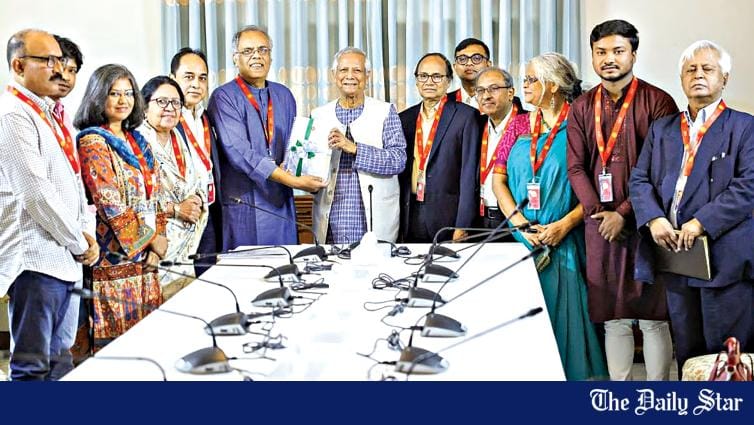
Special law proposed to shield journos
- 22.03.2025 20:16
- thedailystar.net
- Keywords: No companies mentioned
A special law has been proposed in Bangladesh to protect journalists' safety and ensure fair wages. The reform commission also recommends establishing an independent media regulator, overhauling media ownership, and listing medium-large media companies on the stock exchange.